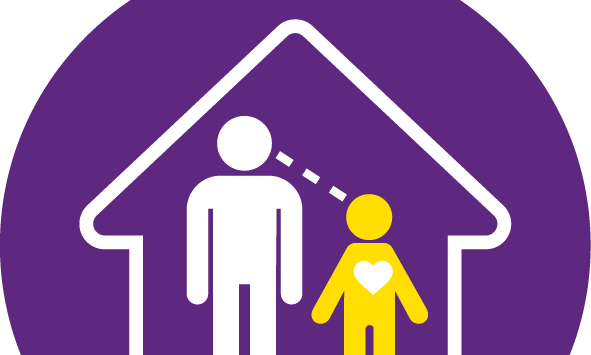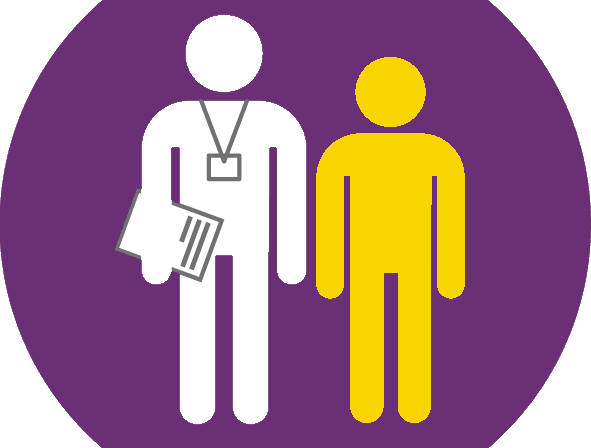The local authority used their Bright Spots findings to rethink their pledge and to change the de-personalising language used by professionals.
Why?
The language being used of ‘contact’ and ‘placement’ encouraged children to be seen as the objects of intervention. Children wrote about wanting to be seen as individuals.
What did they do?
The language being used of ‘contact’ and ‘placement’ encouraged children to be seen as the objects of intervention. Children wrote about wanting to be seen as
individuals.
The language of the pledge was changed to making a promise to their children in care that included:
-
- Find caring homes for you, where you feel settled, with bedrooms that you like.
- Help you understand why you are not living with your parent(s).
- Help you to spend time with your parents, brothers and sisters if that’s what you want.
- Show our trust in you at home, in school and in your reviews, and offer support when things sometimes go wrong.
Development OfficerWe’re much more mindful of how children feel … that is part of our conversation in a way that I don’t think it was.
Development OfficerIt’s all about trusted adults where people feel safe…and that’s become part of our everyday language.
Impact
The change in language reflects the cultural change that has occurred within the LA, with children’s voices valued and a focus on developing relationships.
The change in language is visible in many of the LA’s policy documents. It was also used by all those interviewed in this LA.




